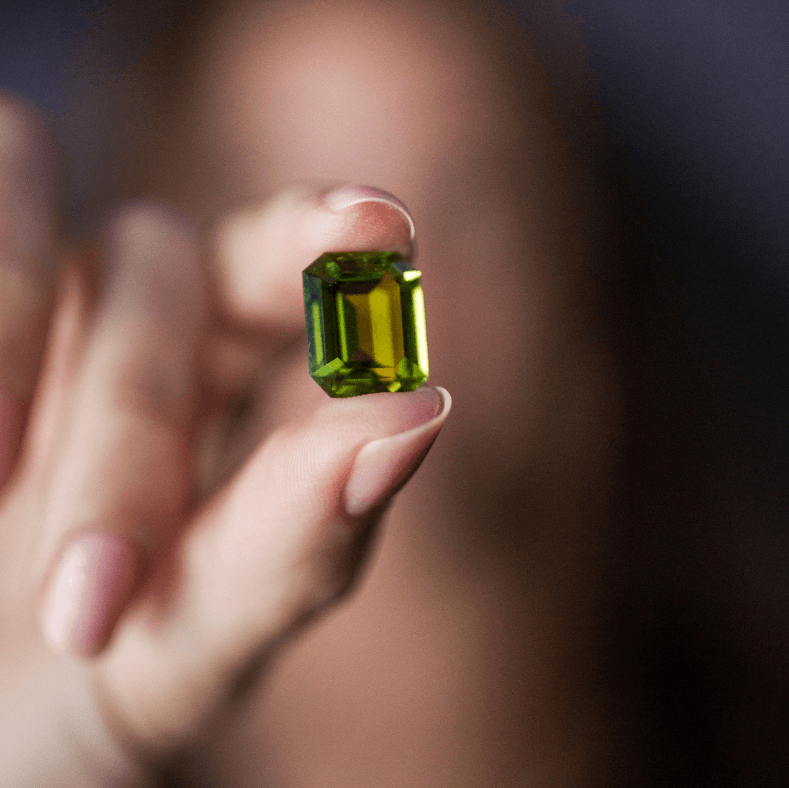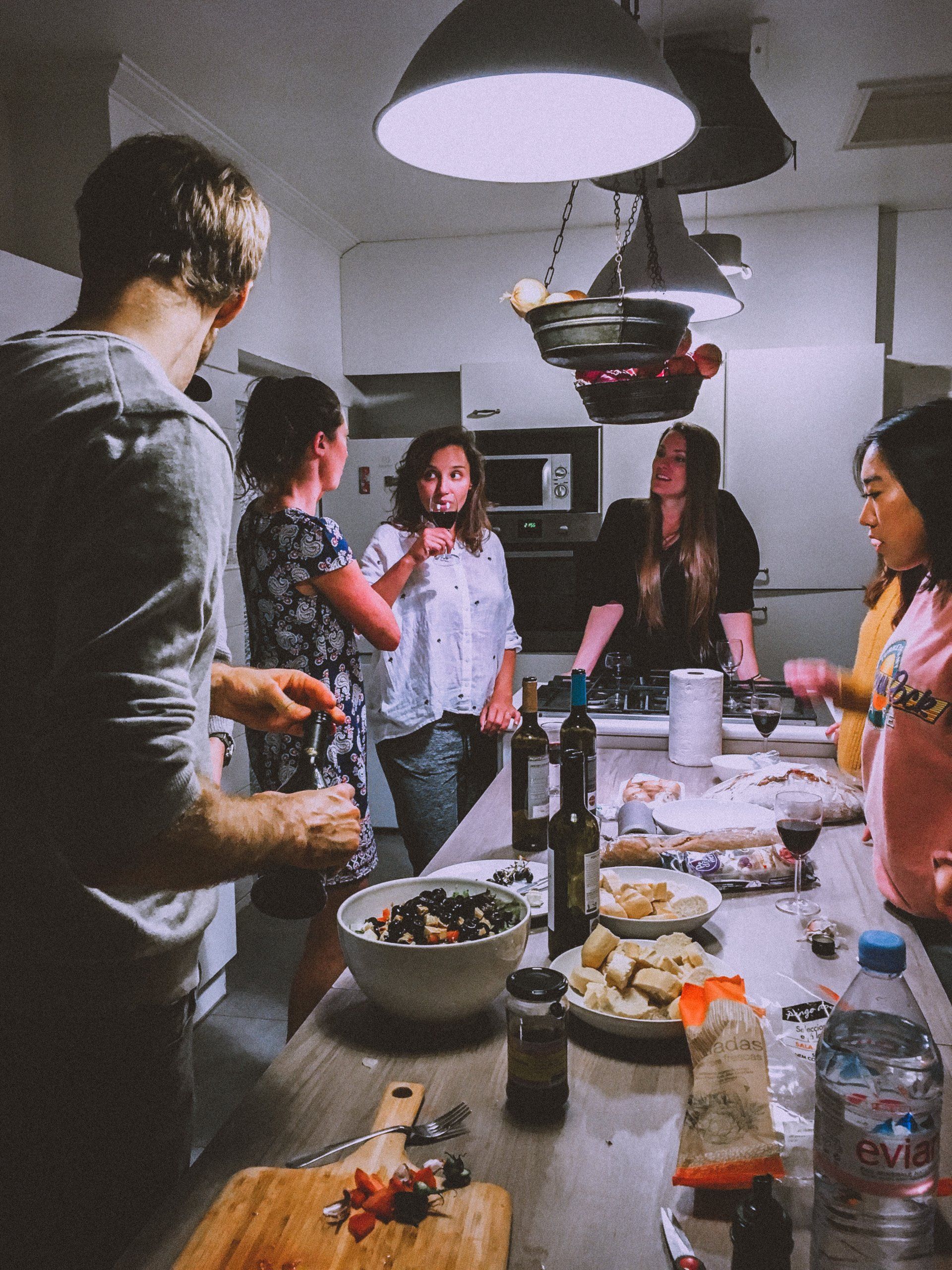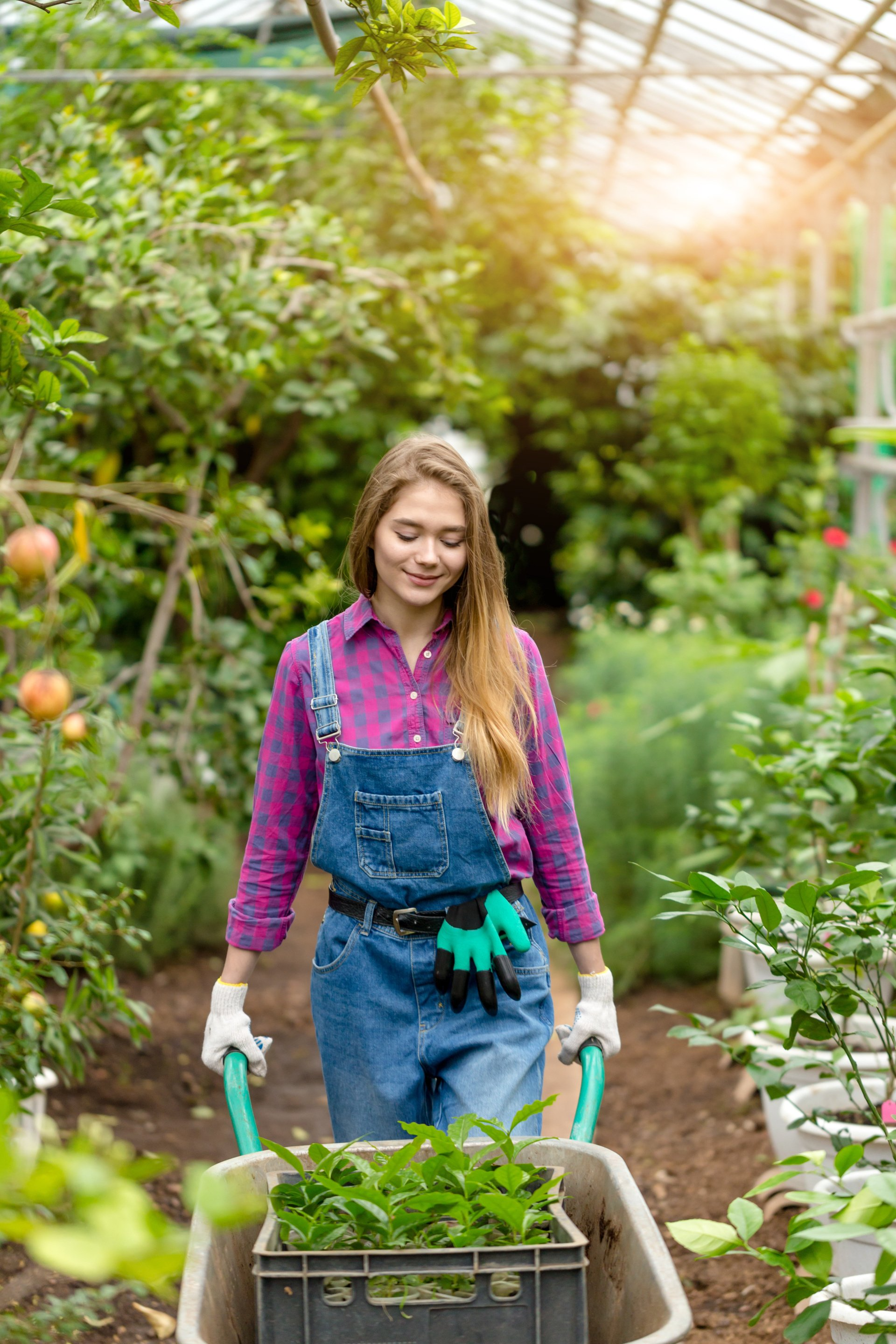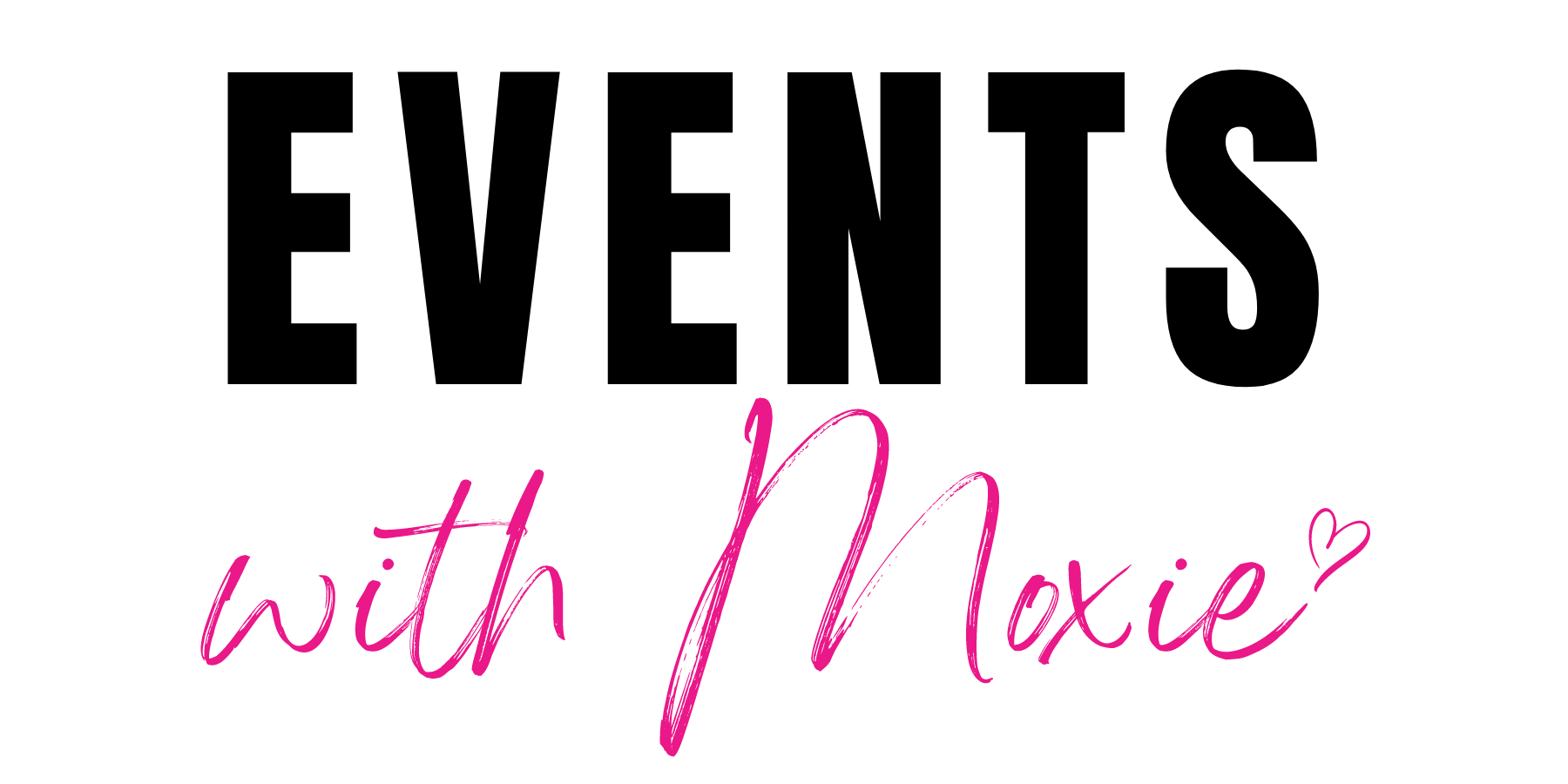October 6, 2020
Humans are not built to deal with a pandemic. Especially those who already suffer from higher levels of depression & anxiety. Hopefully, we are getting closer to returning to a new normal, but two things remain: the damage that took place during the isolation phases & the challenges that are resulting in having to step back out into the world.
Many mental health issues thrive in isolation and being disconnected from others. For example, people with eating disorders often use secrecy as an unhealthy coping skill.
Isolation may have given some people who are suffering “permission” to not go grocery shopping, only buying what’s available which could be a binge food, or not eating in front of other people for months.
People who are suffering from anxiety or depression are encouraged to have structure in their daily life or test out triggering environments — both of which have not been possible during this quarantine. While secrecy might be easy to come by, private may not. Even if a person can access their mental health provider, they may have family, a roommate, partner, or kids around making it challenging to focus and fully express themselves.
Now that many people are back to work, school, etc., it’s important to reestablish a new routine for yourself. It likely won’t look like what it did before the quarantine began, but we need to take time to find our new normal with our mental health needs at the forefront. Brush off your list of coping skills that worked before – are they still attainable?
What changes need to be made to keep them accessible to you? Are you talking yourself out of what might be best for you because of something that felt comfortable during the quarantine but now needs to be revisited?
Many of us are still in survival mode, and rightly so. It’s ok to still feel overwhelmed and stressed. There are still many unknowns and changes coming our way. And, it’s important not to get too stuck in one phase. We can do this by continuing to evaluate our needs and stay educated.
The CDC suggests keeping an eye out for these common signs of distress:
• Feelings of feelings of fear, anger, sadness, worry, numbness, or frustration
• Changes in appetite, energy, and activity levels
• Difficulty concentrating and making decisions
• Difficulty sleeping or nightmares
• Physical reactions, such as headaches, body pains, stomach problems, and skin rashes
• Worsening of chronic health problems
• Increased use of alcohol, tobacco, or other drugs
In addition to these physical signs, try to identify what your anxiety is related to. Are you feeling lonely and missing people? Are you bored because you cannot engage in normal activities? Are you overwhelmed with returning to work or school?
Being able to drill down to the specifics will help you better address how you’re feeling. You’ll be less likely to say everything is stressful right now, and more likely to say this one area of my life is the most stressful and I can do something about that.
Stay educated on the most up-to-date facts about the pandemic from reputable sources like the Centers for Disease Control and Prevention and World Health Organization. Limit your exposure to other media sources that may be creating more fear, worry, and anxiety. Reassure yourself that you are doing whatever you can to keep yourself and others safe according to these sites.
Re-emerge slowly and intentionally where and when you can, physically, mentally, and emotionally.
Finally, so much feels out of our control at the moment. Try making a list of things that you have some control over. Sleep, quality time with immediate family, fresh air and sunshine, cooking a favorite meal,
journaling, taking your multivitamin every day. These don’t need to be new things that you’re adding in. Now is not the time to count on perfecting a brand new routine! Simply see if you can stick with the things you naturally do that bring you joy. That may be all it takes to keep a little extra fuel in your tank.











